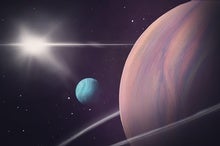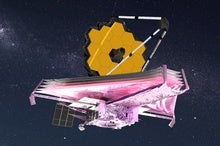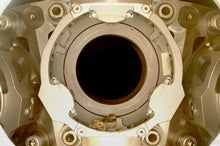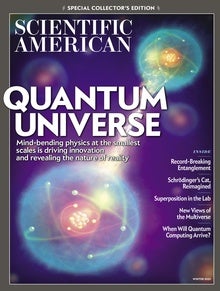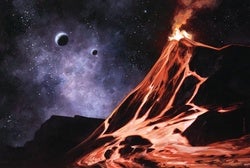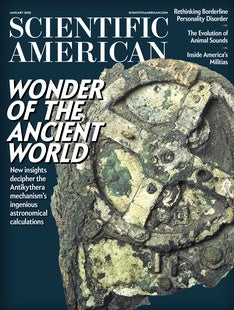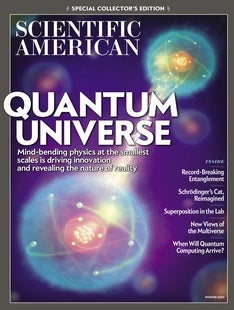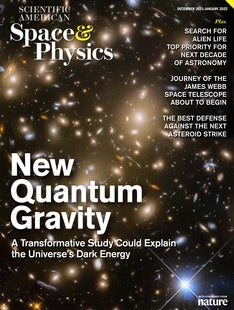|
 | ||||
| January 13, 2022 | ||||
| Dear Reader, This week, we're reflecting on a milestone. Thanks to its explosive growth since being founded in 1989, the arXiv.org preprint server—arguably the world's top spot for physicists, astronomers, computer scientists and mathematicians to share their work—just reached 2 million papers in its expansive coffers. But as the arXiv becomes increasingly integral for researchers around the globe, its flaws become more problematic, too. Our lead story has the details. Elsewhere this week, read about a newfound candidate exomoon, the latest updates on the James Webb Space Telescope and the Perseverance Mars rover and a social justice-fueled schism between mathematics research groups. | ||||
| ||||
 | ||||
| ||||
| ||||
| ||||
| ||||
| ||||
| ||||
| ||||
| ||||
| LATEST ISSUES | ||||
| ||||
| Download the Scientific American App | ||||
|

